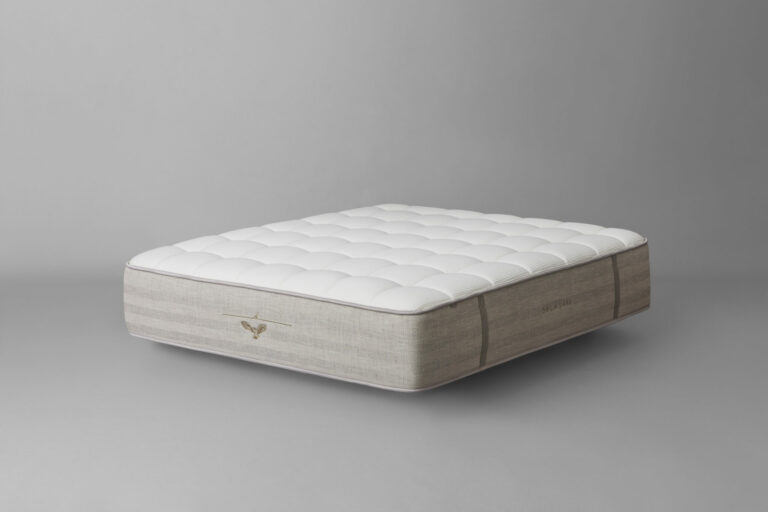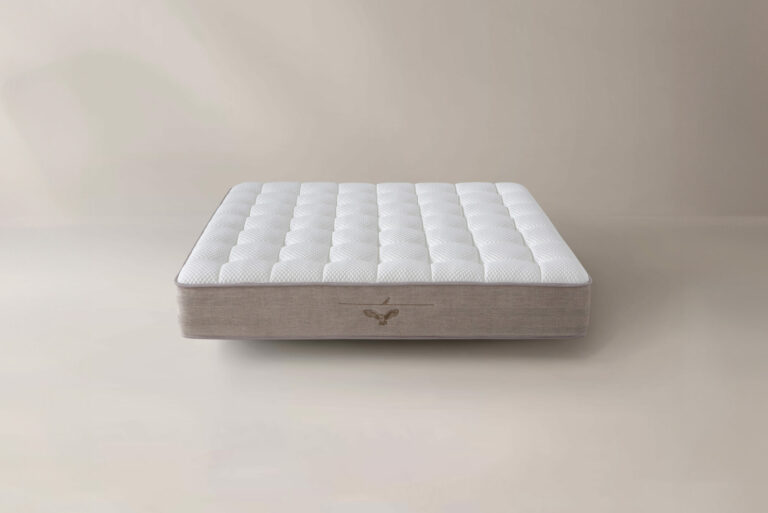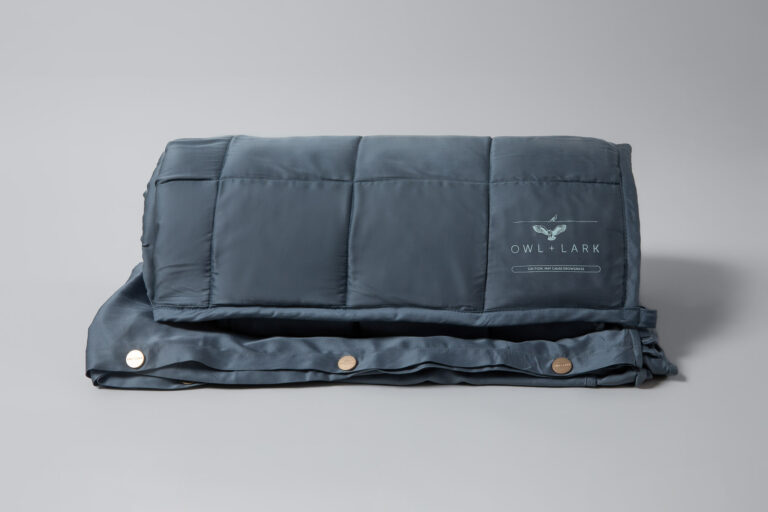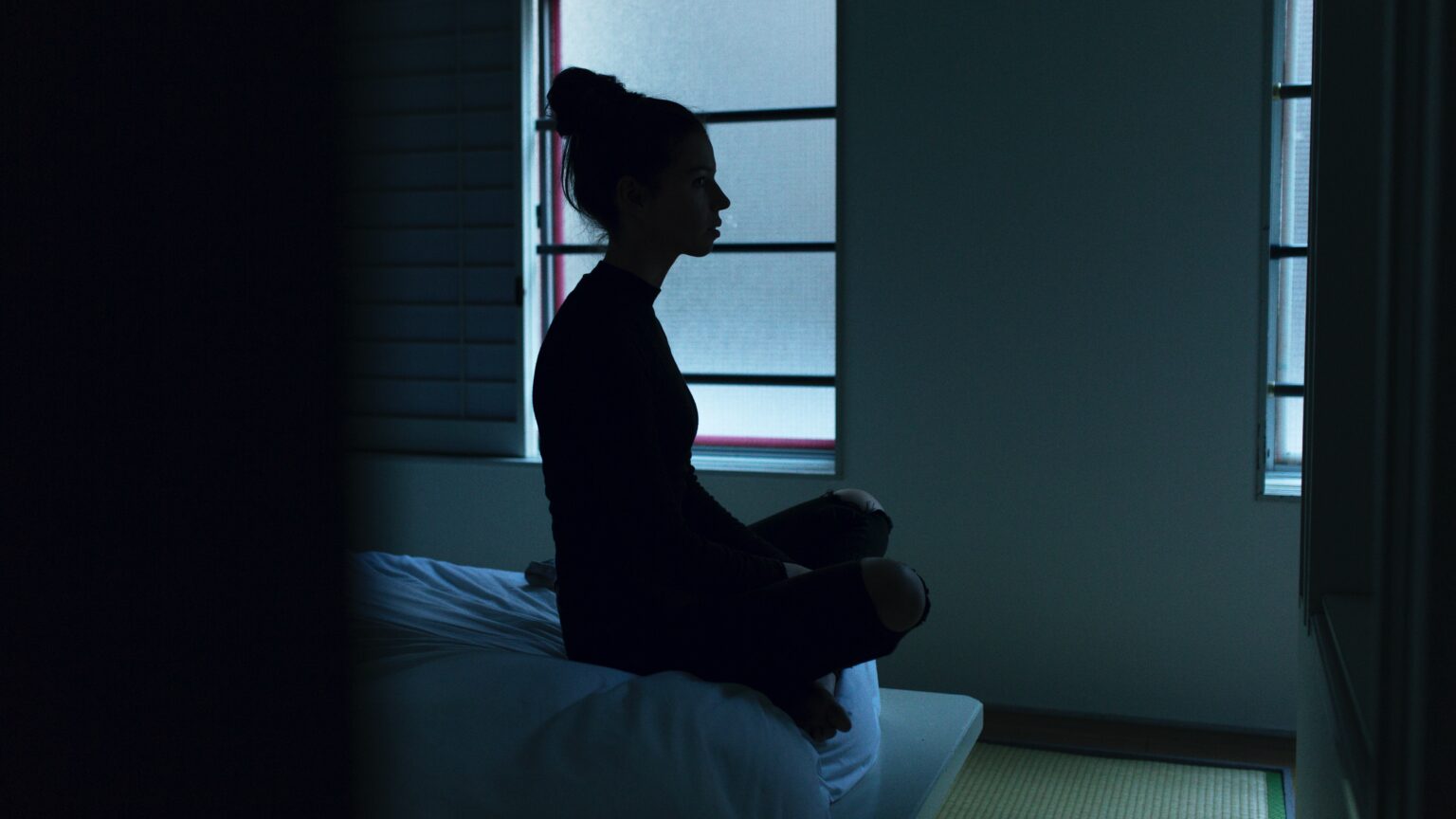We all know that we need to get a good night’s sleep in order to feel refreshed and rejuvenated the next day, but what exactly happens while we’re catching those z’s?
Turns out, our bodies are hard at work repairing and restoring themselves while we sleep! From regenerating cells in your skin to cleaning out toxins in your liver, your body is constantly working to keep you healthy — even when you’re not awake.
- Regenerating cells in your skin help keeping you looking young and healthy
The skin is the largest organ in your body and it is constantly regenerating itself, repairing damage that’s been done during the day. This process of cell regeneration slows down as we get older. But by getting a good night’s sleep, we can help our skin to regenerate more quickly and keep us looking young and healthy!
‘Beauty sleep’ is a real thing, ladies and gentlemen.
- Your liver cleanses toxins
The liver is one of the most important organs in your body and it does a lot of work while you’re asleep! One of its primary functions is to cleanse toxins from the blood, and it can do this more effectively when you’re sleeping than when you’re awake. Your liver takes advantage of the slower metabolism and lower blood pressure that occur during sleep to better filter out toxins.
- Your immune system fights off infection
While you’re deep in your slumber, your immune system releases small proteins called cytokines. These cytokines help to fight off infection and promote healing. They’re also responsible for the fatigue you feel after a long day or a hard workout, as they work to conserve energy while you sleep.
During sleep your immune system releases higher levels of a type of immune cell called Natural Killer cells that play a substantial role in clearing away tumour cells and cancers.
- Your sympathetic nervous system relaxes
The sympathetic nervous system (SNS) is responsible for the ‘fight or flight’ response, and it is constantly active when we’re awake. While we sleep, the SNS takes a break and allows the body to relax. Research shows that when we don’t get enough sleep, SNS activity increases, which can lead to increased blood pressure.
- Sleep regulates your hormones
The hormones that regulate our mood, hunger and energy levels are all affected by how much sleep we get. The hormone melatonin, which is responsible for making us feel sleepy, is produced at higher levels when we’re tired. The hormone cortisol, which regulates our stress response, is highest when we first wake up in the morning. This is because cortisol levels naturally peak around dawn, as our body prepares for the day ahead.
Getting a good night’s sleep is crucial for our overall health and wellbeing, and it turns out that our bodies are hard at work repairing and restoring themselves while we slumber! From regenerating cells in your skin to cleansing toxins from your liver, your body is constantly working to keep you healthy — even when you’re not awake! So if you’re feeling run down or exhausted, make sure to get plenty of shut-eye; it just might be what your body needs to recharge and revitalize itself.
Sleep tight, don’t let the bed bugs bite and invest in an Owl + Lark mattress today.










